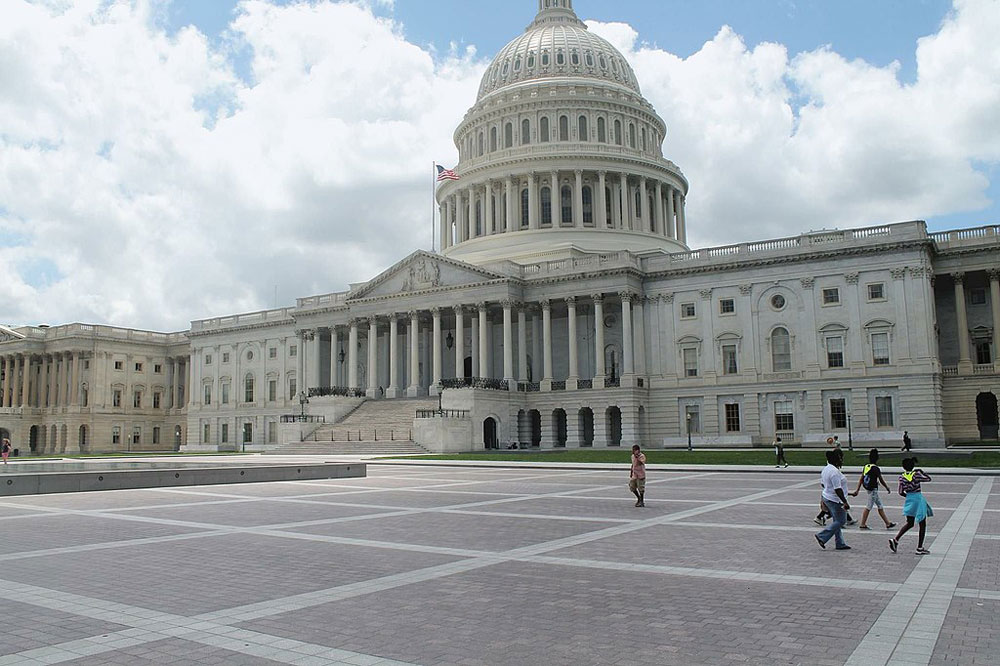August 29, 2011; Source: New York Times | The 18th annual report on Executive Excess released by the Institute for Policy Studies on Wednesday reports that at least 25 of this nation’s most profitable corporations pay their CEOs more than the companies pay in taxes. The companies on the list, which includes Verizon, General Electric, EBay, and Boeing, each made an average of $1.9 billion in profits. Via a variety of tax-reduction strategies, including hundreds of offshore tax haven subsidiaries, these companies were able to significantly lower their tax bills, and some companies actually got tax refunds. Verizon, for instance, received a refund of $705 million from the federal government while paying its CEO $18.1 million in compensation.
Adding insult to injury, says the report, the gap between CEOs and other workers increased in 2010, with CEOs in 2010 taking home compensation that is equal to 325 times the pay of an average worker, up from a 263:1 ratio in 2009. Among the S&P 500 companies, CEO pay was up 27.8 percent in 2010, while the pay for an average worker rose by only 3.3 percent.
Sign up for our free newsletters
Subscribe to NPQ's newsletters to have our top stories delivered directly to your inbox.
By signing up, you agree to our privacy policy and terms of use, and to receive messages from NPQ and our partners.
Chuck Collins, a senior scholar at the institute who co-wrote the study, said, “Instead of sharing responsibility for addressing our nation’s fiscal challenges, corporations are rewarding CEOs for aggressive tax avoidance.” The report also found that the 25 corporations highlighted in their report spent more than $150 million on lobbying and campaign contributions last year.
The financial data in the report was taken from the companies’ regulatory filings, and some of the featured companies disputed the findings. The reporter for the New York Times noted, “Even in a year when a company claims an overall tax benefit, it may pay some cash taxes while accumulating credits that can be redeemed in future years. For instance, General Electric reported a federal tax benefit of more than $3 billion in 2010, but company officials said they still expected to pay a small amount of cash taxes.” Meanwhile business leaders are currently lobbying for further cuts in corporate taxes, claiming that the 35-percent statutory corporate tax rate in the U.S. has a smothering effect on business operations here.—Ruth McCambridge













